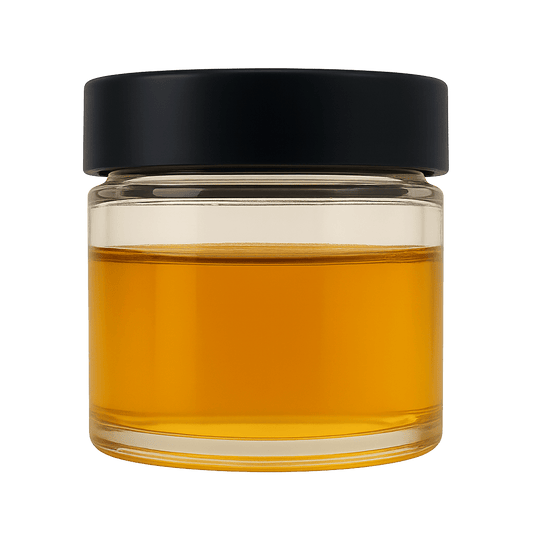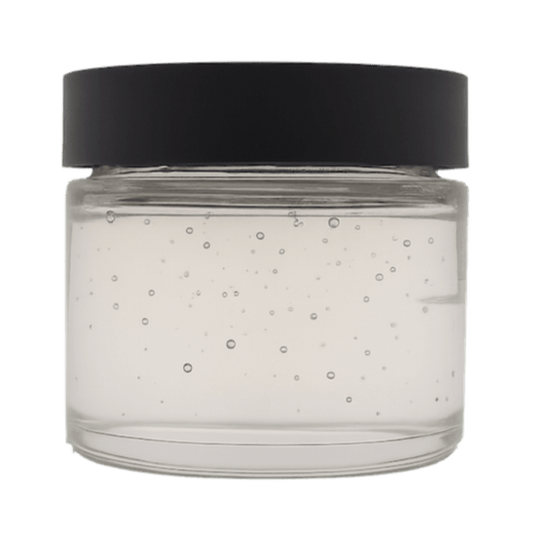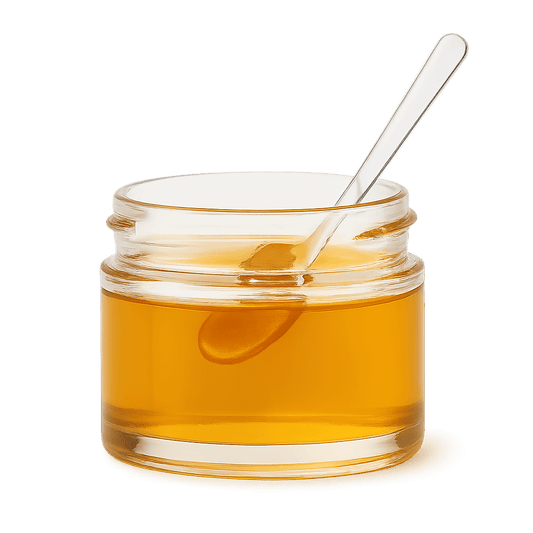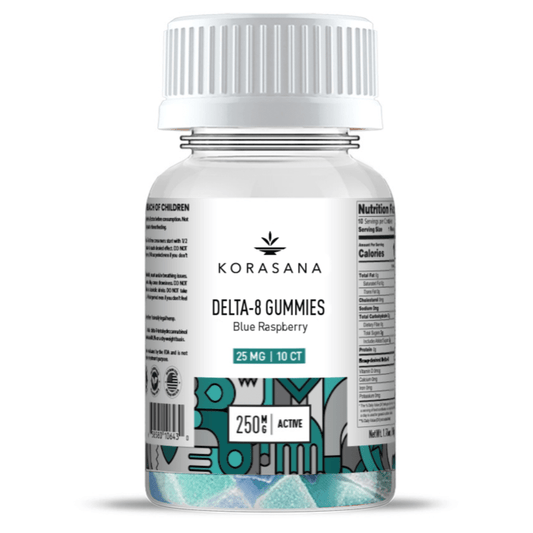Is Delta 8 THC Legal in New Jersey?
YES - Delta 8 THC is Legal in New Jersey
Delta 8 THC is legal in New Jersey, as long as it adheres to the state's and the federal government's regulations on hemp-derived products. The legalization of Delta-8 in New Jersey follows the introduction of the New Jersey Hemp Farming Act, which is in alignment with the 2018 Federal Farm Bill. This act replaced the New Jersey Industrial Hemp Pilot Program and clearly states that hemp and its derivatives, including Delta 8, are not controlled substances as long as the Delta 9 THC concentration does not exceed 0.3%.
The state allows the sale of Delta 8 products, including edibles, under its laws, despite federal restrictions on such additives in food. The FDA considers Delta 8 THC an impermissible food additive under federal regulations, yet New Jersey permits its sale within the state. This creates a scenario where, while the interstate sale of Delta 8 THC edibles might attract FDA enforcement, within New Jersey, the sale and consumption are broadly permitted.
It's important to note, however, that despite the legality of Delta 8 in New Jersey, driving under the influence of D8 THC is illegal, and public consumption may be subject to restrictions similar to those for cannabis. Furthermore, while New Jersey does not explicitly restrict the age for purchasing hemp products, including Delta-8 THC, there is ongoing legislative discussion that may lead to the implementation of more stringent regulations on hemp-derived cannabinoids, focusing on product safety standards and potentially introducing age restrictions.
For individuals in New Jersey interested in purchasing Delta 8 products, they are legally available over the counter in various retail outlets, such as vape shops and dispensaries, as well as online. The state's legal stance, as aligned with federal law, does not impose a ban on any hemp-derived cannabinoids, making D8 accessible to consumers within New Jersey.
Legal Status of Delta 8 in New Jersey
Delta 8 THC's legality in New Jersey is influenced by both state and federal laws, specifically through the New Jersey Hemp Farming Act and the 2018 Federal Farm Bill. Here's a more detailed look at the sources and laws that govern the legality of Delta 8 in New Jersey:
-
New Jersey Hemp Farming Act: This act was a significant step towards legalizing hemp and its derivatives in New Jersey. It replaced the New Jersey Industrial Hemp Pilot Program, establishing a framework under which hemp could be cultivated, processed, and sold within the state. The act explicitly states that hemp and its derivatives are not controlled substances, provided they contain less than 0.3% Delta-9 by dry weight. This legislation allows for the legal sale and purchase of Delta-8 products in New Jersey.
-
2018 Federal Farm Bill: At the federal level, the 2018 Farm Bill distinguishes between hemp and marijuana based on their Delta-9 THC content. It legalized hemp by removing it from the list of controlled substances, defining it as cannabis with a Delta 9 concentration of 0.3% or less on a dry weight basis. This federal legislation aligns with New Jersey's stance, allowing for the legal status of Delta 8 THC, provided it is derived from hemp that meets this THC threshold.
-
Food and Drug Administration (FDA) Regulations: While Delta 8 can be added to food under New Jersey law, the FDA considers Delta-8 THC an impermissible food additive under federal law. This discrepancy creates a complex legal landscape where, despite federal restrictions, New Jersey allows the sale of Delta 8 edibles within the state. However, interstate sales of these products could face federal enforcement actions.
-
Legal Consumption and Purchase: The legal framework in New Jersey permits the purchase of Delta 8 THC products within the state. Consumers can find these products in various forms, including edibles, vapes, and tinctures, at retail locations such as CBD stores, vape shops, and dispensaries, as well as through online platforms. There are currently no explicit age restrictions on hemp products in New Jersey, although cannabis products are regulated for adult use.
-
Ongoing Legislative Discussions: Despite the current legality, there is ongoing legislative discussion around Delta 8 in New Jersey. Proposed legislation aims to regulate hemp-derived cannabinoids more strictly, potentially introducing product safety standards, age restrictions, and lab testing requirements. Such changes could align Delta-8 products closer to regulated marijuana products in terms of oversight and control.
NEW JERSEY HEMP PROGRAM
2:25-1.2 Definitions
“Cannabis” means a genus of flowering plants in the family Cannabaceae of which Cannabis sativa is a species, and Cannabis indica and Cannabis ruderalis are subspecies thereof. Cannabis refers to any form of the plant in which the delta-9 tetrahydrocannabinol concentration on a dry weight basis has not yet been determined.
“CBD” or “cannabidiol” is a phytocannabinoid found in cannabis which does not produce psychoactive effects in users.
“Federally defined THC level for hemp” or “acceptable hemp THC level” means a delta-9 tetrahydrocannabinol concentration of not more than 0.3 percent on a dry weight basis for hemp or in a hemp product. Hemp will satisfy the standard of “federally defined THC level for hemp” or “acceptable hemp THC level” if laboratory testing confirms a result within a measurement of the uncertainty that includes the THC concentration level of 0.3 percent. For example, if the reported delta-9 THC content concentration in a sample is 0.35%, and the measurement of uncertainty is +/- 0.099%, the hemp would be compliant, because 0.3% falls within the distribution range between .251% and .449%.
“Hemp” means the plant Cannabis sativa L. and any part of that plant, including the seeds thereof and all derivatives, extracts, cannabinoids, isomers, acids, salts and salts of isomers,
whether growing or not, with a delta-9 tetrahydrocannabinol concentration of not more than 0.3 percent on a dry weight basis. Hemp and hemp-derived cannabinoids, including cannabidiol, shall be considered an agricultural commodity and not a controlled substance due to the presence of hemp or hemp-derived cannabinoids.
“Hemp Extract” means oil chemically extracted from hemp’s aerial plant part, such as seeds, stalks or flowers, using chemical processes, containing a natural blend of phytocannabinoids, and includes cannabidiol, or “CBD” oil.
“Hemp product” means a finished product with a delta-9 tetrahydrocannabinol concentration of not more than 0.3 percent that is derived from or made by processing a hemp plant or plant part and prepared in a form available for commercial sale. The term includes cosmetics, personal care products, food intended for human or animal consumption, cloth, cordage, fiber, fuel, paint, paper, particleboard, plastics, and any product containing one or more hemp-derived cannabinoids such as cannabidiol. Hemp products shall not be considered controlled substances due to the presence of hemp or hemp-derived cannabinoids.
“THC” means delta-9-tetrahydrocannabinol, which is a psychoactive component in cannabis plants.
These sources and laws collectively provide an overview of the legal status of Delta 8 in New Jersey, illustrating the interplay between state legislation, federal guidelines, and regulatory considerations that shape the market and legal access to these products within the state.
The information provided on this website does not, and is not intended to, constitute legal advice or any statements regarding the status of any laws. The information, content, and materials present on this site are for general informational purposes only and should not be relied upon for any specific purpose. Laws vary across different states and are subject to change. Therefore, information on this website might not reflect the most recent legal or other developments. Read our full legal disclaimer HERE.






